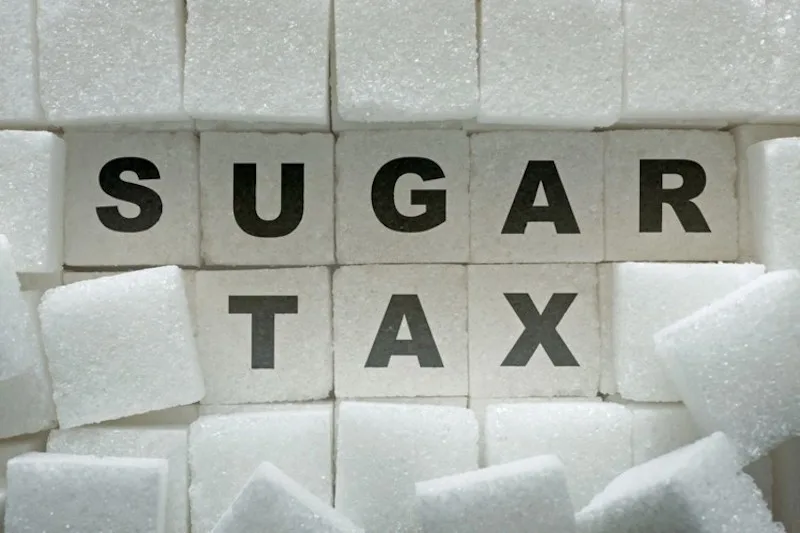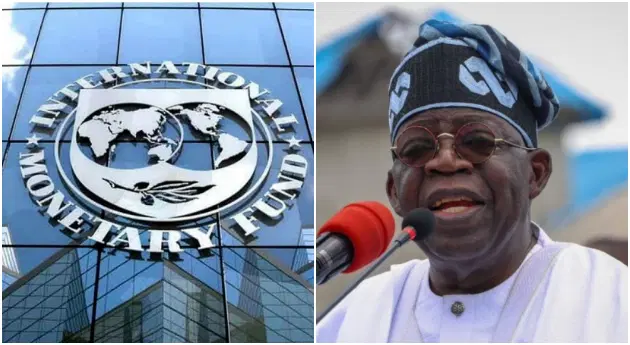By Elsie Udoh
In a country where over 11.2 million people suffer from diabetes, Nigeria has removed its sugar tax.
Join our WhatsApp ChannelWhile this move should be seen as a step in the right direction to cushion the effect of the crouching inflation in the economy, it sparks fresh controversies as to the concern of the Nigerian government towards the health and wellbeing of its citizens.
The effect of the removal of sugar tax is the sale of sugar-sweetened beverages (SSB) at lesser prices which will make it easier to purchase them and facilitate increased consumption.
Sugar in Sweetened Beverages: Sweetener or Poison?
While speaking at the Health and Business Series X Space hosted by Prime Business Africa Publisher and Editor-in-chief, Dr Marcel Mbamalu on Sunday, Comrade Enyia Bernard, the Co-chair of National Action on Sugar Reduction who is also a person living with Type 2 diabetes for over 16 years, decried the negative impact that consuming sugar-sweetened beverages gives.
According to him, this impact is so subtle because while people consume foods at parties and get filled up, sugar-sweetened beverages do not promote a sense of satiety so when available in large quantities, people can consume large quantities without feeling satisfied thus resulting in uncontrolled consumption.
It is no wonder, therefore, that Nigeria stands as the 4th highest consumer of sweetened beverages in the world.
Regular consumption of sugary beverages is also strongly linked to an increased risk of heart disease, as it can raise blood pressure, elevate triglyceride levels, and contribute to inflammation, all of which are risk factors for heart disease.
Additionally, the sugar in these drinks feeds harmful bacteria in the mouth, leading to tooth decay and cavities. The acidity of many sugary drinks further erodes tooth enamel, exacerbating dental health issues.
Therefore, beneath the sweet taste of these beverages lies a poison waiting for the opportunity to seep into the body and break down its defences.
Read Also:
- Sugar Tax: Why Govt Should Not Impose More Levies On Beverage Companies – Yusuf
- Sugar Tax Removal: Economic Gains Versus Health Implications
- Sugar Tax Removal To Crash Coke, Pepsi, Other Beverage Prices Will Hurt Cancer, Diabetes Reduction Campaigns – Health Experts
Sugar Tax Reduction: A Step in the Wrong Direction?
The recent removal of the sugar tax by the Federal Government of Nigeria has raised significant concerns among health experts and advocates.
Enyia provided a plethora of data to emphasise the importance of the previously existing tax on SSB. He mentioned that the tax was levied to discourage excessive consumption of these beverages and emphasised how the former tax of N10 was not ever up to the standard of the World Health Organisation (WHO) requirements of N20 per litre.
With SSB companies positioning their advertisements to cover the detrimental risks of these beverages and make them appear nutritious, it is expected that without the tax on them, consumption of SSBs will increase.
This increase in consumption could potentially intensify the already alarming figures of diabetes patients and other sugar-related non-communicable diseases in Nigeria.
The Need for Comprehensive Health Policies
Given the potential health risks associated with increased consumption of sugar-sweetened beverages, there is an urgent need for comprehensive health policies that address these issues.
Enyia called for a national health policy that specifically targets the beverage sector and addresses the issue of diabetes and other sugar-related diseases.
He also urged the government to pay more attention to non-communicable diseases and integrate their interventions with those for communicable diseases to lessen the burden on individuals living with these conditions.
While some may argue that Enyia’s perspective is influenced by his personal experience as a type 2 diabetes patient, the contributions of another expert at the Space, Dr Muda Yusuf, Chief Executive Officer of the Centre for the Promotion of Private Enterprise (CPPE), support his concerns.
Dr Yusuf acknowledged the need for interventions to aid the treatment of non-communicable diseases and labelled these interventions as a “cause for advocacy” that should be brought to the mainstream of conversation.
He also called for partnerships with beverage companies and sugar companies to expound the dangers of high consumption of these beverages as well as an interaction with foreign donor agencies to alert them of this major issue which several Nigerians are living with and cannot fund.

















Follow Us